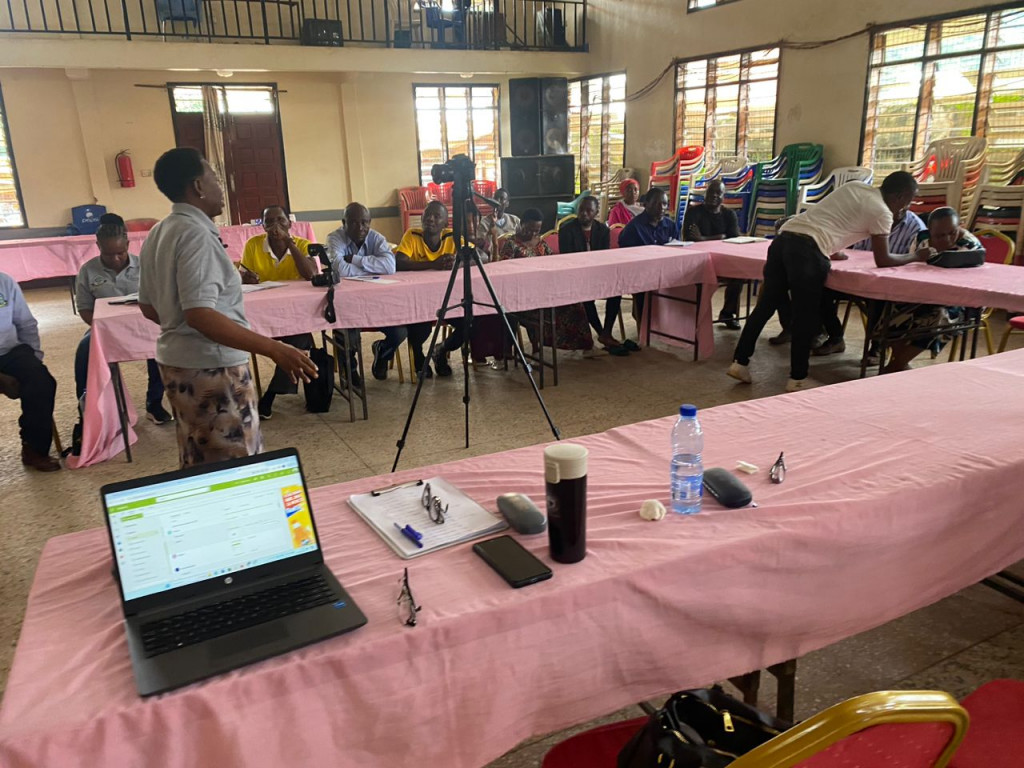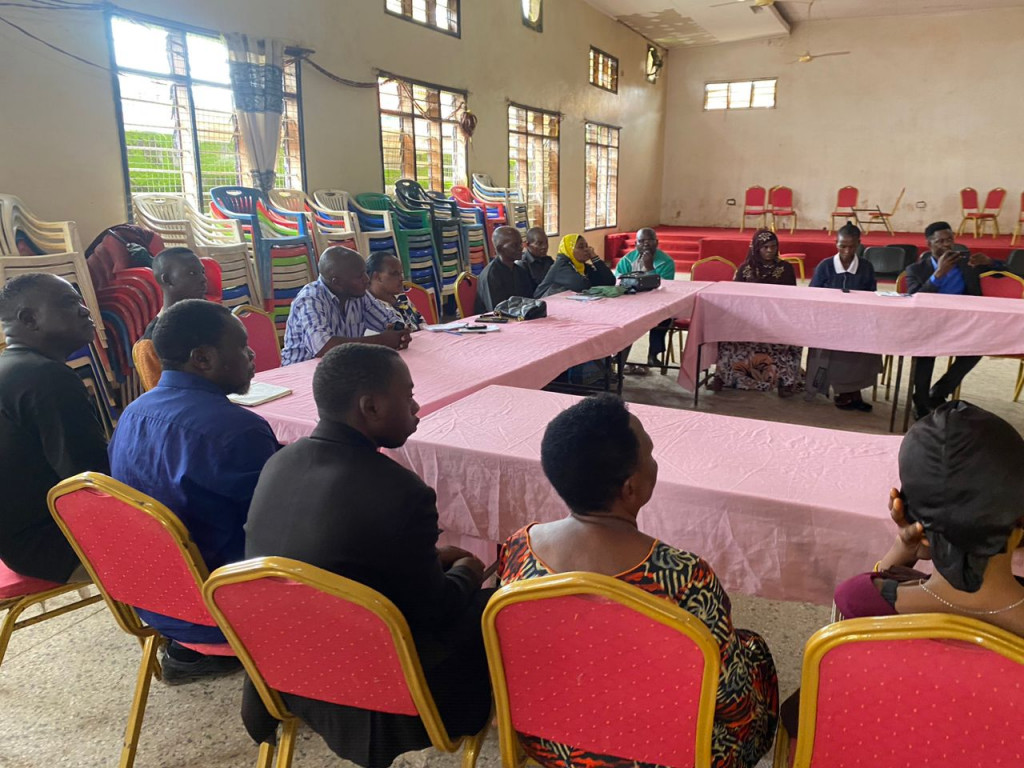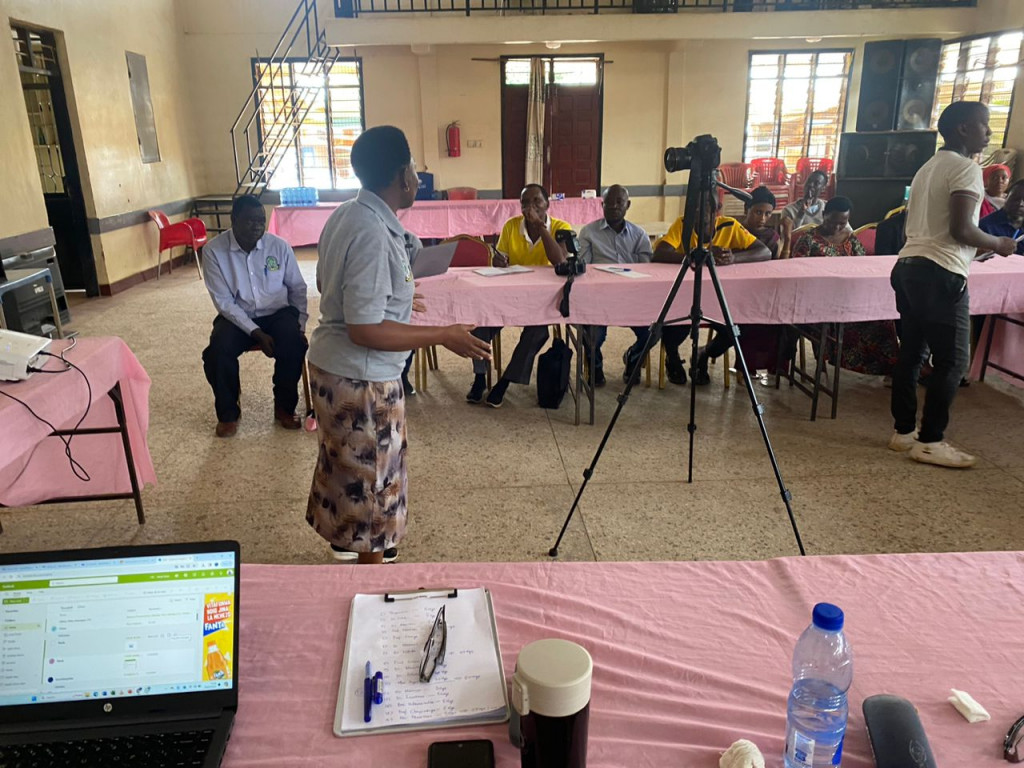From Field to Yield: Aquaculture Field School at the Kilombero Food Hub

From 25 to 28 March 2024, the FoodLAND Africa research team at SUA conducted an Aquaculture Field School (AFS) at Ifakara, a town in the district of the Kilombero Food Hub, to train aquaculture farmers how to handle sustainable fish harvesting in different aquaculture ponds established under this project.
AFS is an innovative participatory approach to providing extension services to aquaculture farmers. Beforehand, several AFS activities have been done since the project onset based on five important principles of innovation diffusion: injection point for technological innovations, farmer validation, community engagement and co-creation, demonstration pilots and on-location training and support.
The approach adopted at this Food hub makes the features of AFS unique:
- Aquaculture farmers learn by doing
- The field becomes a learning place (i.e. school without walls)
- Extension agents serve as facilitators
- Subject Matter Specialists (SMSs) provide backstopping to the members of the AFS
- Training is provided according to the particular seasonal cycle of the aquaculture practice undertaken.
- Aquaculture farmers meet regularly and when an issue arises discussions are held in the field itself.
On the last day of AFS (graduation day), fish were captured through a low-cost method using nets. The harvested fish were weighed and then stored in a cool box ready for selling at market price. The price was determined after an economist and aquaculture experts from SUA FoodLAND Africa research team computed all the costs involved from pond establishment, fish layering, fish feeds etc. Thus the price of fish offered was almost equivalent to the market price.
Also, during the graduation day, there was a sensory evaluation of fish soup to compare between cultured and wild stocks of fish. This was administered by a food scientist and a technician from SUA FoodLAND Africa team.
Learn more about the aquaculture-related activities in Tanzania:
- Towards more sustainable local aquaculture
- AquaBioTech visit to aquaculture-related FoodLAND facilities in Tanzania

